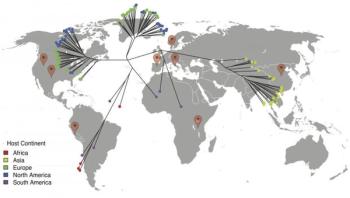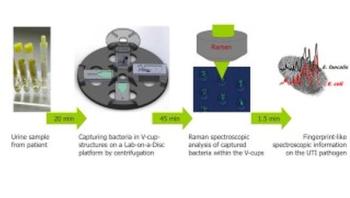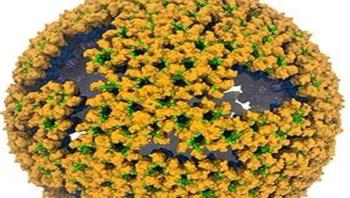
Advances in the field of statistics are helping to unlock the mysteries of the human microbiome--the vast collection of microorganisms living in and on the bodies of humans, says Katherine Pollard, a statistician and biome expert, during a session today at the 2015 Joint Statistical Meetings (JSM 2015) in Seattle.









